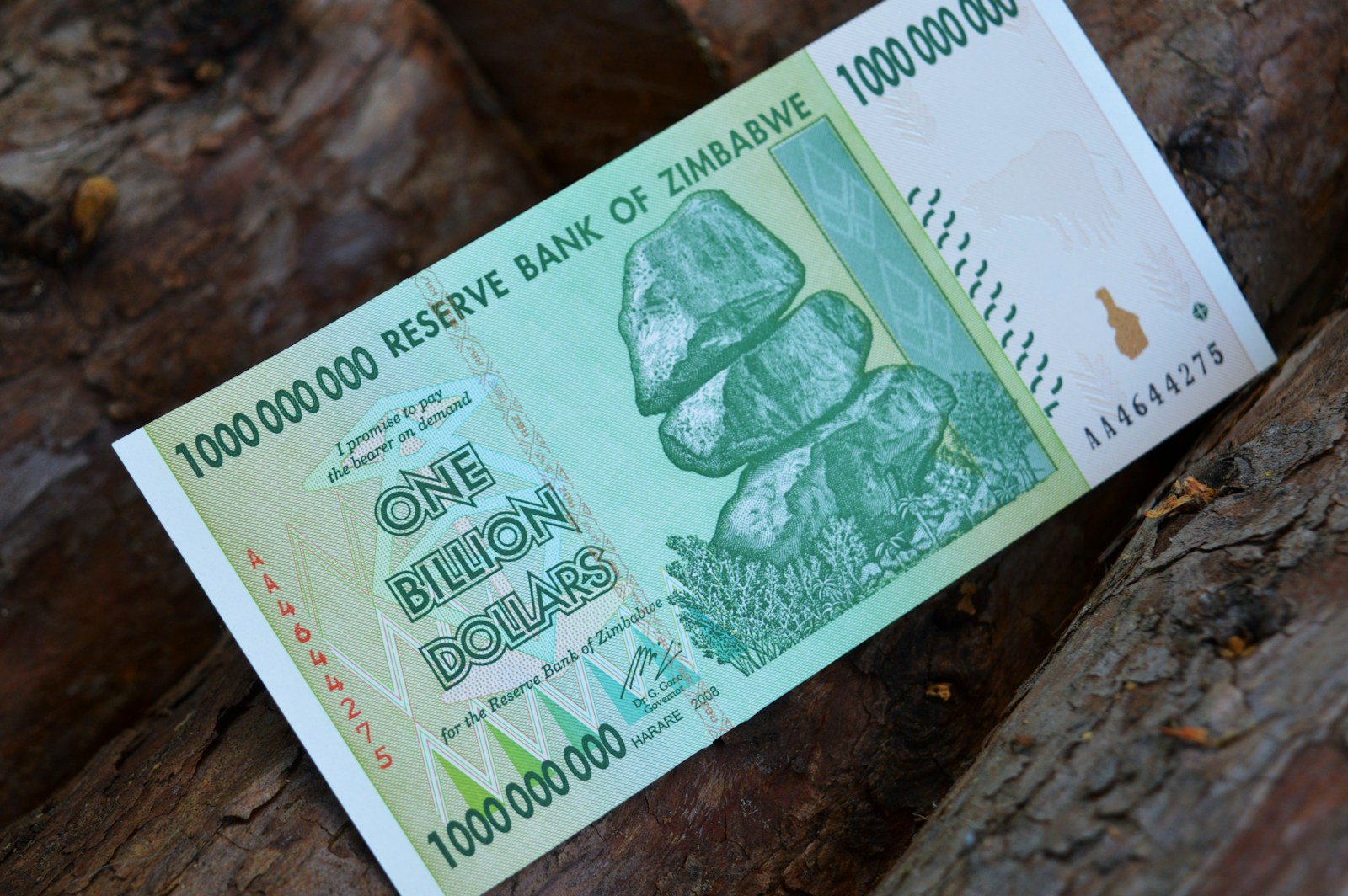Zimbabwe’s economic woes take a new turn as the government contemplates backing its currency with gold. This proposal, announced by Finance Minister Mthuli Ncube, aims to combat the rampant exchange rate volatility crippling the nation. The Zimbabwe dollar has witnessed a staggering devaluation, losing nearly half its value against the US dollar just this year, following a brutal 90% plunge in 2023. This makes it the world’s worst-performing currency of the period.
This policy shift represents a desperate attempt to stabilise the economic freefall. President Mnangagwa’s recent acknowledgement of the need for a “structured currency” underscores the urgency of the situation. However, the gold-backed proposal raises critical questions and potential challenges:
1. Historical Baggage: Zimbabwe abandoned its gold-backed currency in 2009 after hyperinflation rendered it worthless. Can the nation avoid repeating past mistakes in managing a gold-linked system?
2. Transparency and Trust: Establishing a credible gold reserve and ensuring transparent management will be crucial for garnering public trust in the new currency.
3. Addressing Root Causes: While a gold-backed currency might offer temporary stability, it’s vital to address the underlying economic issues like budget deficits and unsustainable spending that fueled the crisis.
4. International Acceptance: Gaining international recognition and convertibility for the new currency will be essential for its success in global trade and investment.
5. Practical Challenges: The logistics of mining, storing, and auditing gold reserves, along with potential fluctuations in gold prices, could pose practical challenges.
While the gold-backing proposal sparks debate, it’s crucial to remember that it’s just one element in a broader economic reform strategy. Sustainable solutions demand tackling fundamental issues, fostering international cooperation, and rebuilding public trust. Only time will tell if this bold move paves the way for stability or becomes another chapter in Zimbabwe’s complex economic saga.

